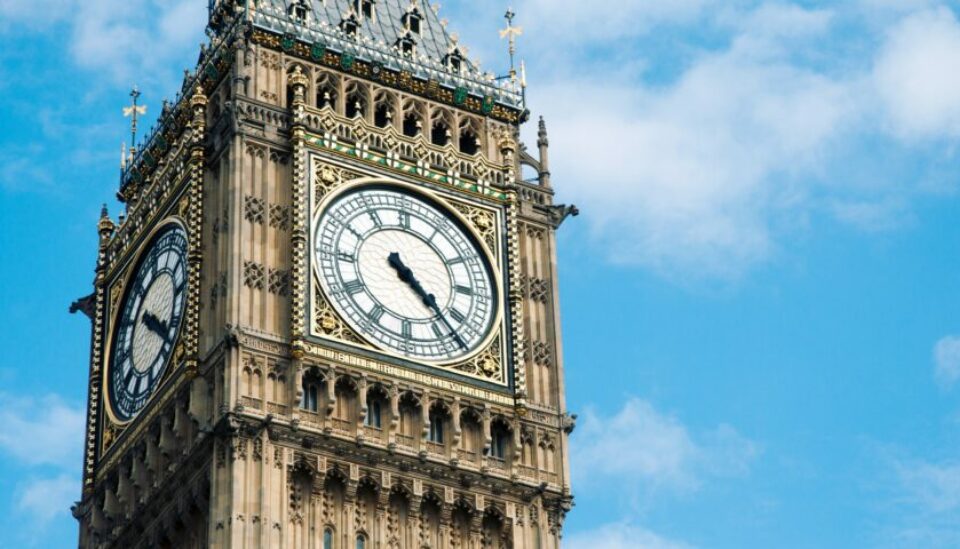The Government-backed and cross-party supported sexual harassment at work bill (the Worker Protection Bill) threatens to be timed out.
The Worker Protection Bill would introduce a new mandatory duty on employers to take all reasonable steps to prevent sexual harassment at work. This includes protecting workers from harassment from third parties, i.e. customers, clients, patients and contractors, and introducing statutory guidance for employers to comply with to be published by the Equality and Human Rights Commission (ERHC).
It is the first legislative change on sexual harassment at work since the #MeToo movement. In 2021 the Government committed to introducing these changes in the Equality Act 2010 to protect women’s safety, dignity, and respect at work.
The recent allegations at the Confederation of British Industry (CBI) serve as a stark reminder of how sexual harassment and sexual violence remain urgent and prevalent issues. The Government has suspended its relationship with the CBI pending the outcome of an investigation.
The Worker Protection Bill is supported by the #ThisIsNotWorking alliance, made up of women’s organisations, equalities organisations, and trade unions, who have collectively campaigned for the introduction of this new law. This includes, leading women’s legal rights charity, Rights of Women, the Trade Union Congress, and Fawcett Society.
Deeba Syed, Senior Legal Officer, Rights of Women, said:
“Rights of Women is worried that the Government may fail in its commitment to bring about urgently needed legislation requiring employers to take responsibility for preventing sexual harassment at work.
The Government’s recent response to CBI demonstrates that it is concerned about sexual harassment and this bill provides a perfect opportunity to act by ensuring this crucial legislation protecting working women from sexual harassment becomes law.
Just last year, the Government ratified the landmark ILO Violence and Harassment Convention and thereby committed to an international labour standard to address violence and harassment in the world of work. It has the opportunity to further this commitment through this bill now.
Every week, Rights of Women take calls from working women experiencing sexual harassment and sexual violence at work, which sees them subjected to retaliation and pushed out of their jobs. We know the allegations at the CBI are not isolated, but indicative of what women are experiencing all sectors and industries in relation to discrimination, harassment, and abuse.
Far from what is being argued, employers would benefit from this law, which will bring clear guidance on how to avoid mistakes, handle sexual harassment allegations properly and explain how to take action to prevent it from happening in the first place.
We urge the Government to act urgently so the Bill does not get timed out and do everything in its power to ensure it becomes law to demonstrate they are serious about ending sexual harassment at work.”

